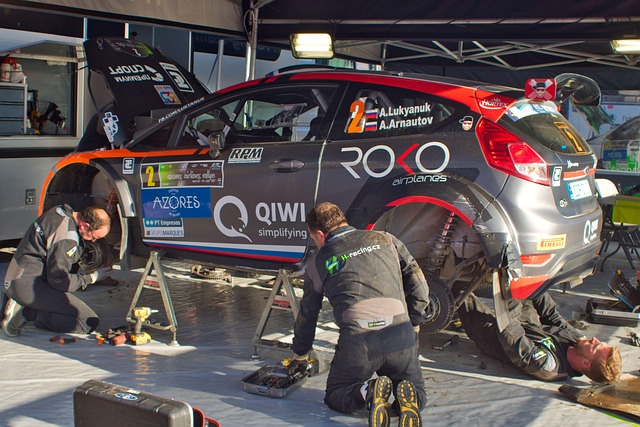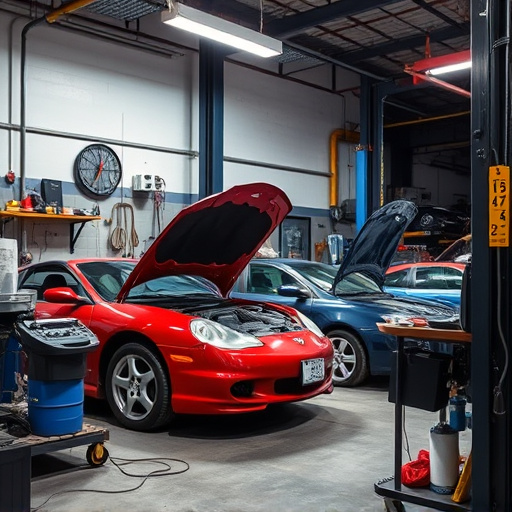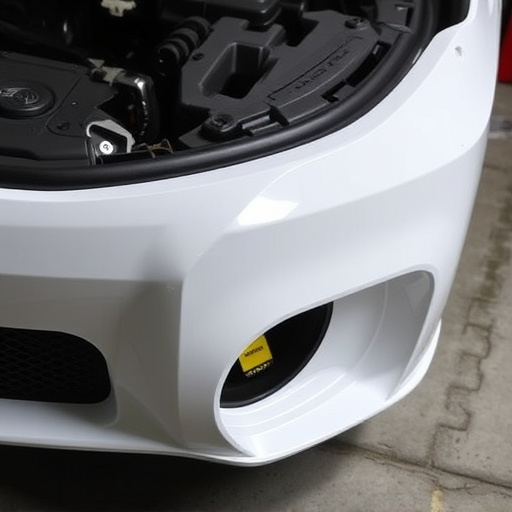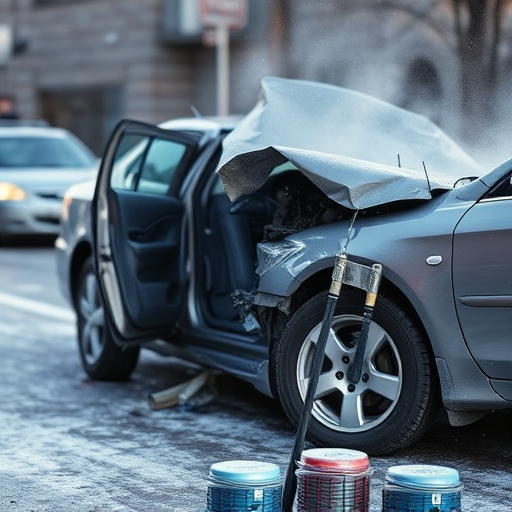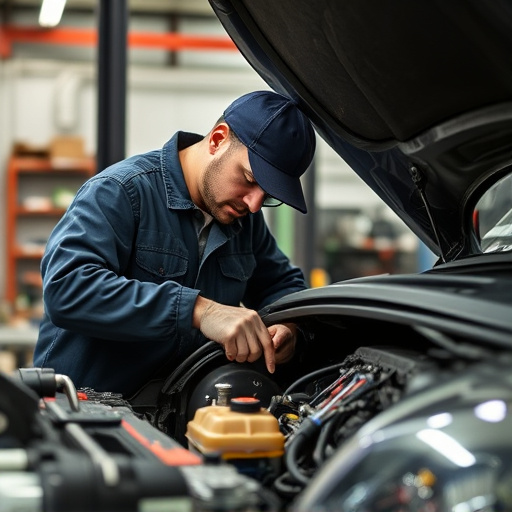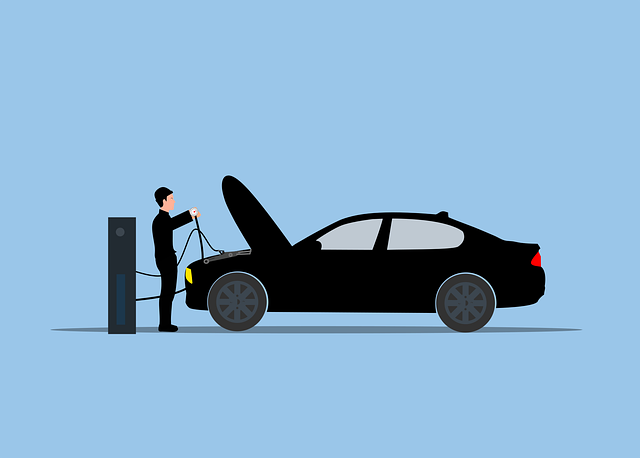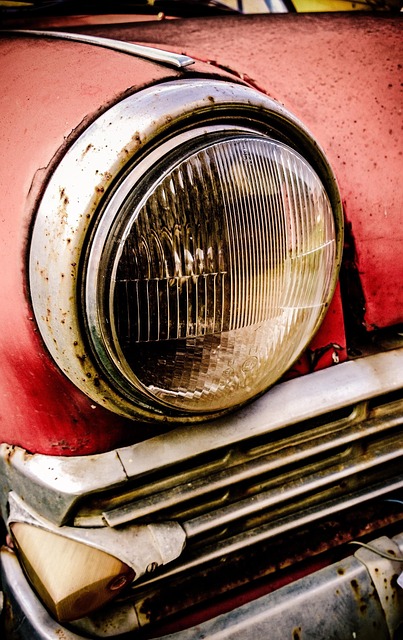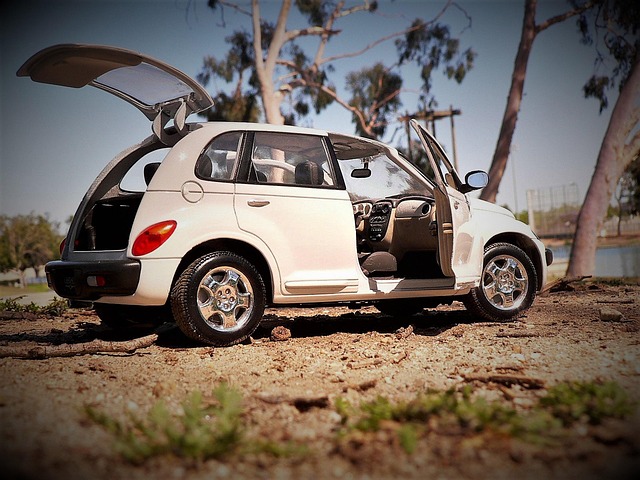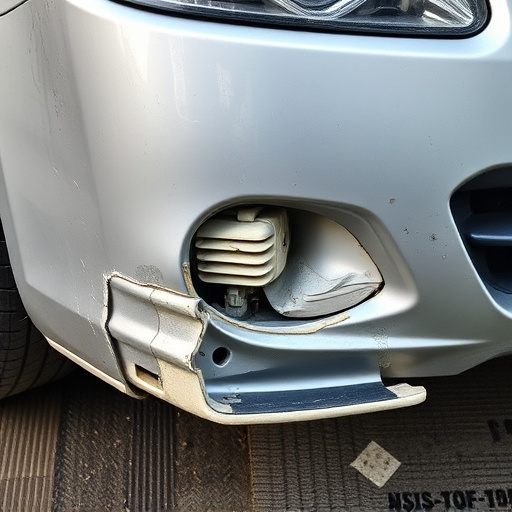Collision repair technicians are driving sustainability in the automotive industry, especially classic car restoration, by using recycled materials, water-borne paints, and eco-friendly practices to reduce environmental impact. They minimize waste, ensure historical accuracy, and contribute to a cleaner future while preserving vintage vehicles.
Collision repair technicians play a vital role in environmental stewardship, adopting sustainable practices that go beyond mere compliance. This article explores the eco-conscious approaches these professionals employ, focusing on three key areas: sustainable materials management, efficient waste reduction strategies, and the broader impact of green practices within their shops. By understanding these techniques, we can appreciate how collision repair services contribute to a greener future while delivering high-quality repairs.
- Sustainable Materials Management in Collision Repair
- Efficient Waste Reduction Strategies for Technicians
- Eco-Friendly Practices and Their Impact on Shops
Sustainable Materials Management in Collision Repair
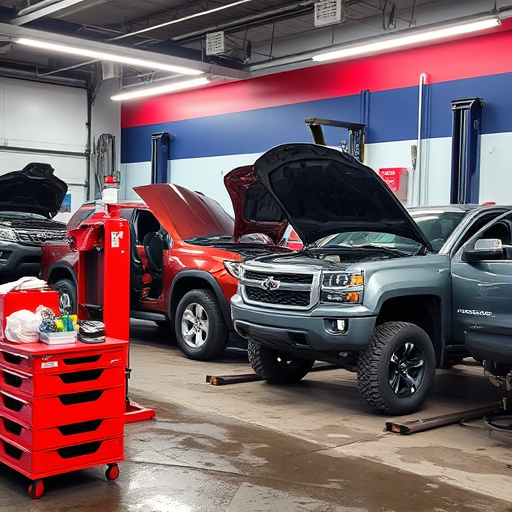
Collision repair technicians are increasingly adopting sustainable materials management practices to reduce their environmental impact. This involves sourcing eco-friendly materials for repairs and replacements, minimizing waste generation during the restoration process, and promoting recycling within the industry. By utilizing recycled metal, bio-based composites, and water-borne paints, these technicians not only contribute to a greener environment but also extend the lifespan of resources.
In the realm of vehicle collision repair, especially in classic car restoration, sustainable materials management plays a crucial role. Collision repair technicians are adept at repurposing and recycling components, thereby reducing the demand for new raw materials. This eco-conscious approach not only minimizes the carbon footprint of the process but also ensures that classic cars are restored with an emphasis on both historical accuracy and environmental stewardship.
Efficient Waste Reduction Strategies for Technicians

Collision repair technicians play a vital role in minimizing environmental impact through efficient waste reduction strategies. By adopting eco-conscious practices, these professionals can significantly reduce the amount of scrap metal, plastic, and other materials ending up in landfills. One effective approach is to implement a comprehensive recycling program within the collision repair shop. This involves sorting and separating recyclable materials from waste during the fender repair or auto repair services process.
Additionally, collision repair technicians can optimize their work by utilizing digital design tools for precise measurements, which reduces material waste during body panel replacements. Training staff on proper disposal methods and encouraging the use of reusable components further enhances sustainability efforts. These practices not only benefit the environment but also contribute to a more sustainable future for the industry as a whole, ensuring that collision repair shops operate in harmony with eco-friendly principles.
Eco-Friendly Practices and Their Impact on Shops
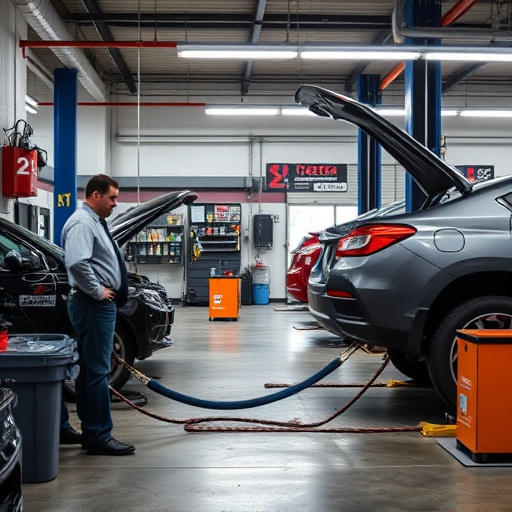
Many collision repair technician services are adopting eco-friendly practices, recognizing their significant impact on both the environment and the future sustainability of their industry. These shops are transitioning to cleaner energy sources, such as solar panels, to reduce carbon footprints. Additionally, they are implementing efficient waste management strategies, including recycling programs for materials like metal, plastic, and glass. This shift not only minimizes environmental damage but also lowers operational costs.
One notable practice gaining traction is paintless dent repair (PDR), a technique that avoids the use of paints and solvents, thereby reducing emissions and waste. Collision repair shops offering PDR services are contributing to cleaner air and water while restoring vehicles to their pre-collision condition. Similarly, classic car restoration specialists prioritize the preservation of historical vehicles without compromising environmental standards, ensuring these timeless gems remain on the road for future generations to appreciate.
Collision repair technicians can play a significant role in environmental sustainability by adopting eco-friendly practices. By utilizing sustainable materials, implementing efficient waste reduction strategies, and embracing green shop operations, these professionals can minimize their ecological footprint while contributing to a greener future. These environmental practices not only benefit the planet but also offer cost savings and enhanced reputation for collision repair shops.

